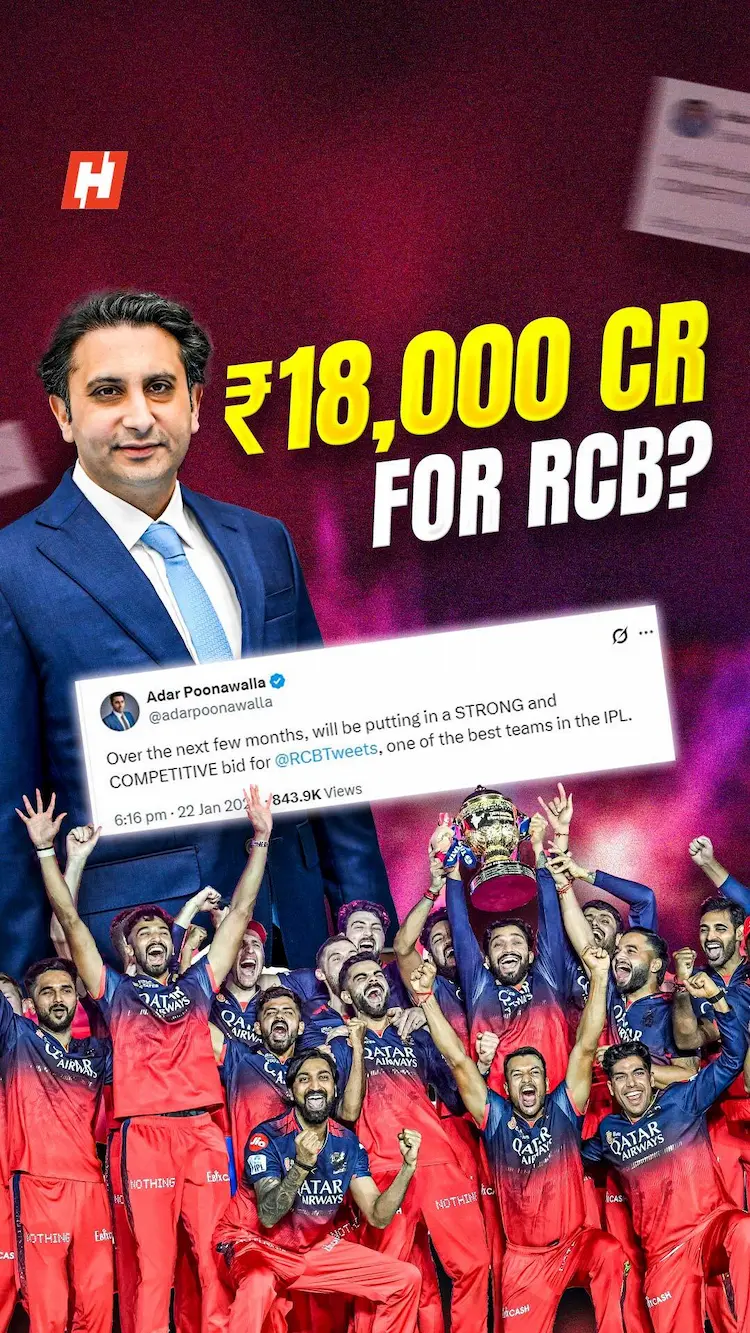The Corporate Cold War: Gen Z vs. Boomers
The workplace is increasingly becoming a battleground of generational differences, particularly between Generation Z and Baby Boomers. As the youngest cohort of workers, Gen Z—those born from the mid-1990s to early 2010s—are entering the workforce with distinct values and expectations that often clash with the traditional work ethic of Baby Boomers, who were raised during a time of economic stability and job security.
Diverging Work Ethos
At the heart of this generational conflict lies a fundamental difference in work attitudes. Baby Boomers, who often adhere to a 70-hour workweek mentality, see long hours as a sign of dedication and hard work. Notable figures like Infosys co-founder Narayana Murthy and L&T Chairman S.N. Subrahmanyan advocate for such extended hours as necessary for success and combating poverty.
In contrast, Gen Z views these expectations as toxic, advocating for a healthier work-life balance that prioritises mental health and personal fulfillment over sheer hours logged in an office.
Productivity Perceptions
Recent studies indicate that productivity perceptions vary significantly across generations. According to an LSE report released in 2024, while only 22% of Baby Boomers report low productivity, this figure rises to 37% among Gen Z.
This disparity is compounded by differing communication styles and technological fluency; Boomers may prefer face-to-face interactions, while Gen Z gravitates towards digital communication methods. This mismatch can lead to misunderstandings and decreased morale within teams.
The Challenge of Adaptation
As Gen Z enters the workforce, they bring with them a desire for autonomy and purpose that contrasts sharply with the hierarchical structures favoured by older generations. This generational divide is not merely about age but reflects deeper shifts in societal values.
For instance, while Boomers often equate work with identity and loyalty, Gen Z sees employment as just one aspect of life. This perspective leads to a reluctance to engage in overtime or tasks beyond their job descriptions.
Bridging the Gap
To navigate this corporate cold war, organisations must foster environments that encourage mutual understanding. HR experts suggest that both generations should strive to appreciate each other's strengths—Boomers can embrace new technologies and flexible work arrangements, while Gen Z can learn from the experience and wisdom of their older counterparts. Building a culture of respect and collaboration will be essential for maintaining productivity and morale in an increasingly diverse workforce.
In conclusion, the clash between Gen Z's evolving expectations and Boomers' traditional values presents both challenges and opportunities. By recognizing these differences and working towards common ground, companies can create more harmonious workplaces that leverage the strengths of all generations involved.









